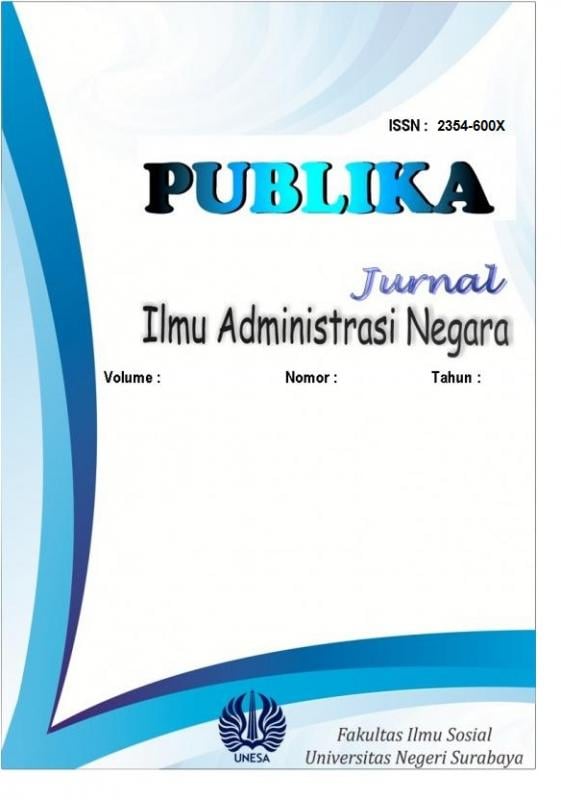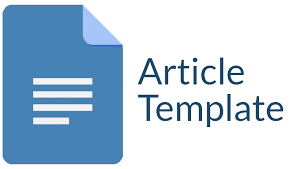INOVASI PELAYANAN KESEHATAN MELALUI POSKO PAMAN OLEH UNIT PELAKSANA TEKNIS (UPT) PUSKESMAS WATES KOTA MOJOKERTO
DOI:
https://doi.org/10.26740/publika.v9n2.p295-308Keywords:
service innovation, health services, posko paman.Downloads
Download data is not yet available.
 Abstract views: 1309
,
Abstract views: 1309
, PDF Downloads: 1293
PDF Downloads: 1293






